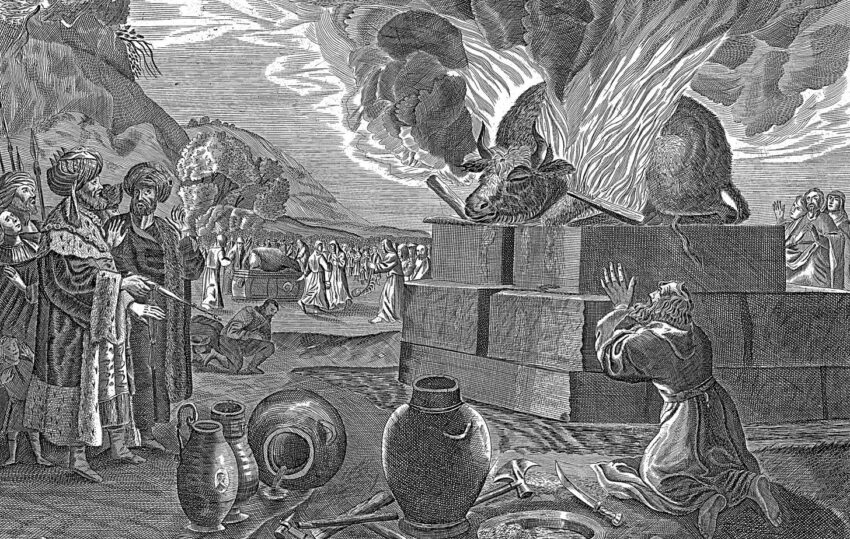During that span, capitalist economies have elevated their people’s material well-being more than any other system in human history. In her own hefty (and refreshingly un-angry) three-volume masterwork, capped in 2016 by Bourgeois Equality, economist Deirdre McCloskey credits the intellectual paradigm shift of capitalism with a “Great Enrichment” that lifted average living standards more than 30-fold in two centuries, a period unlike any the world had seen before.
Peter McNamara credits McCloskey with demonstrating that “…commerce cultivates a certain set of virtues, consisting of highly modified Aristotelian virtues spliced together with the Christian virtues of faith, hope, and love. The ‘Bourgeois Deal’ undergirding the Great Enrichment is truly an economic and moral winner.”
On the other side of the scorecard, societies that embraced Marx’s system have left behind memories such as a 96-mile wall built to trap people in their own homeland, long lines of shoppers unable to purchase basic consumer goods, and a perverse moral ecology in which thought police crowded ideological dissenters into concentration camps which one brilliant inmate, Aleksandr Solzhenitsyn, styled a “Gulag Archipelago.”
Which of these two systems works best?
There is only one rational answer. Nonetheless, the ideological struggle between communism and capitalism is not over. That’s because it actually goes back much further than Karl Marx or even the prophet Elijah. In the book of Genesis, the serpent convinces Eve to eat forbidden fruit, saying it will make her like God. Chasing this utopian vision, humanity’s parents lost paradise.
Like the serpent, communists say they can engineer utopia if only everyone aligns with the plan. Such a beautiful end justifies any amount of spilled blood.
Capitalists, on the other hand, are realists, understanding that mankind cannot perfect itself. This has been proven as consistently as the law of gravity. Better to have a system that accepts fallen human nature while endowing people with the freedom to struggle and better themselves as they see fit. The resulting individual growth aggregates into not only freer societies but wealthier ones, as the United States continues proving decades after the Soviet Union, once communism’s best hope, crumbled away.
QTR’s Disclaimer: Please read my full legal disclaimer on my About page here. This post represents my opinions only. In addition, please understand I am an idiot and often get things wrong and lose money. I may own or transact in any names mentioned in this piece at any time without warning. Contributor posts and aggregated posts have been hand selected by me, have not been fact checked and are the opinions of their authors. They are either submitted to QTR by their author, reprinted under a Creative Commons license with my best effort to uphold what the license asks, or with the permission of the author.
This is not a recommendation to buy or sell any stocks or securities, just my opinions. I often lose money on positions I trade/invest in. I may add any name mentioned in this article and sell any name mentioned in this piece at any time, without further warning. None of this is a solicitation to buy or sell securities. I may or may not own names I write about and are watching. Sometimes I’m bullish without owning things, sometimes I’m bearish and do own things. Just assume my positions could be exactly the opposite of what you think they are just in case. If I’m long I could quickly be short and vice versa. I won’t update my positions. All positions can change immediately as soon as I publish this, with or without notice and at any point I can be long, short or neutral on any position. You are on your own. Do not make decisions based on my blog. I exist on the fringe. The publisher does not guarantee the accuracy or completeness of the information provided in this page. These are not the opinions of any of my employers, partners, or associates. I did my best to be honest about my disclosures but can’t guarantee I am right; I write these posts after a couple beers sometimes. I edit after my posts are published because I’m impatient and lazy, so if you see a typo, check back in a half hour. Also, I just straight up get shit wrong a lot. I mention it twice because it’s that important.









